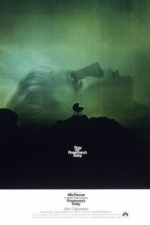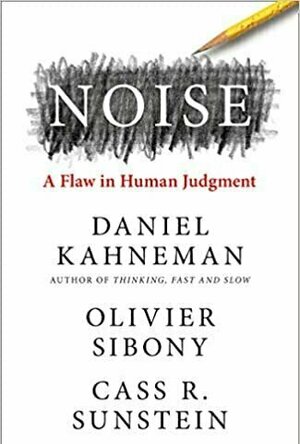
Noise
Daniel Kahneman, Cass R. Sunstein and Olivier Sibony
Book
Wherever there is human judgement, there is noise. ‘A monumental, gripping book …...
Deborah (162 KP) rated Bosworth Field and the Wars of the Roses in Books
Dec 21, 2018
Rowse's chapter on Shakespeare must be at least as long, if not longer, than his chapter on Bosworth. The fact that he obviously sincerely believes that one can gain a credible understanding of history from Shakespeare cycle of plays was almost enough to make me drop the book in astonishment! How can one take him seriously?!
He is also ready to give every credit to the supposed work of More. Even here he falls down by claiming that the bodies of the 'princes in the tower' were discovered in the exact place More said! If you read this work you'll find that the opposite is true - they are in the exact place More said they were NOT! The fact that there isn't a shred of evidence that anyone killed the two princes is evidently a small matter to Rowse. He mentions the great turncoat, Sir William Stanley (at this point step-uncle to Henry Tudor) being executed s a result of the Perkin Warbeck debacle, but fails to mention that Sir William is imputed to have said that if Warbeck really was Richard of York, he would not fight against him. Of course he doesn't mention this - he has to keep reminding us that EVERYONE believed Richard III guilty! Really, a credible historian should not pick and choose their facts - something Alison Weir is also very fond of doing.
Another point is that he is quite happy to accept that Katherine of Valois really did marry Owen Tudor, but cannot countenance the much more credible suggestion that Edward IV was married to Eleanor Butler (nee Talbot), who is not even mentioned. He harps on about the morality and piety of the Lancastrians (despite the Beauforts being conceived in double adultery - further hypocrisy) but when Richard III founds a chantry or offers some concession to a religious house that Rowse concludes it much be down to his uneasy concience.
So, overall, not a book I can recommend in the least. He may try to convince us that his unbending traditionalist view is 'sensible' and 'common sense' but anyone with a little knowledge of the subject will see it as laughably absurd and highly prejudiced.
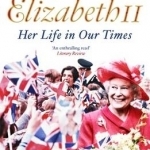
Queen Elizabeth II: Her Life in Our Times
Book
From Sarah Bradford, the best-selling author of George VI, Elizabeth and Diana, the definitive...
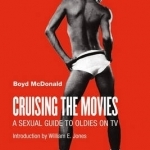
Cruising the Movies: A Sexual Guide to Oldies on TV
William E. Jones and Boyd McDonald
Book
Ronnie Reagan's bizarre legs are sufficient reason to watch John Loves Mary (1949), a picture so...
Illeana Douglas recommended Rosemary's Baby (1968) in Movies (curated)
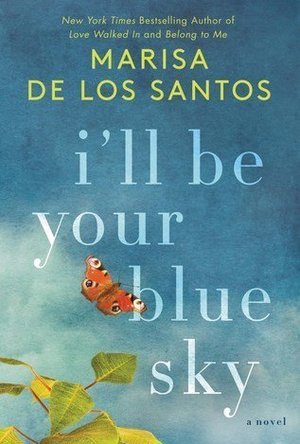
I'll Be Your Blue Sky
Book
The New York Times bestselling author revisits the characters from her beloved novels Love Walked In...
fiction contemporary fiction series
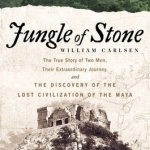
Jungle of Stone: The Extraordinary Journey of John L. Stephens and Frederick Catherwood, and the Discovery of the Lost Civilization of the Maya
Book
New York Times Bestseller (Expeditions) "Thrilling...A captivating history of two men who...
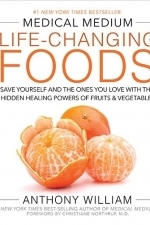
Medical Medium Life-Changing Foods
Book
The highly anticipated new release from the groundbreaking, New York Times best-selling author of...
Health food
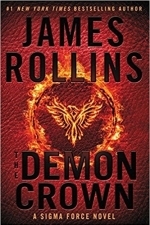
The Demon Crown: Sigma Force Book 13
Book
“Bone-chilling.” –Publishers Weekly (Starred Review) “One of the best in the series.”...
thriller

The Glass Ocean
Karen White, Beatriz Williams and Lauren Willig
Book
From the New York Times bestselling authors of The Forgotten Room comes a captivating historical...

